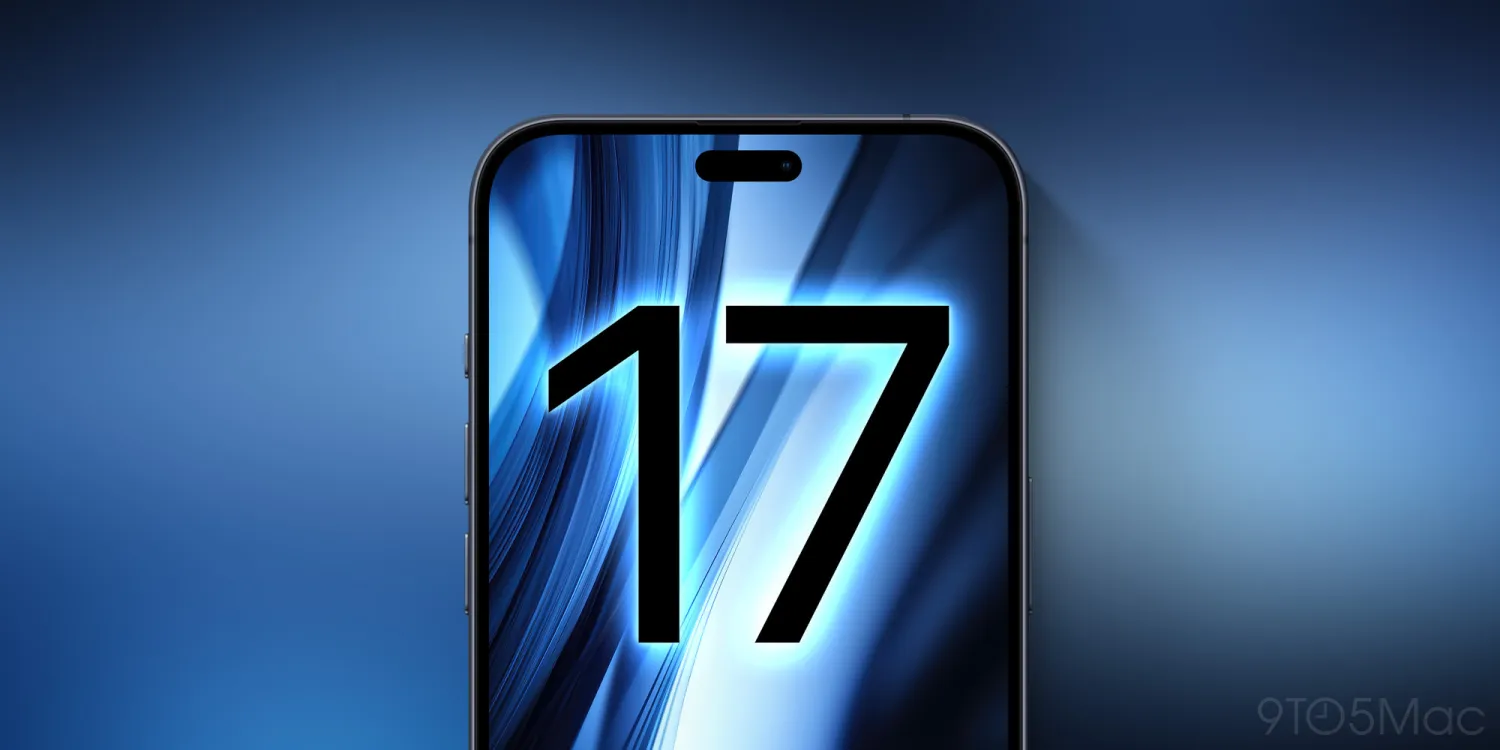
We heard back in July that Apple chipmaker TSMC was running ahead of schedule on trial production of 2nm chips expected to debut in next year’s iPhone 17 – and a new report reiterates this.
However, it highlights the challenges involved with this ultra-small process, and says that TSMC cannot manage it without help …
2nm chips for iPhone 17
TSMC reportedly demonstrated its first 2nm chips to Apple back in December of last year.
TSMC, which dominates the global market in processors, has already shown the process test results for its “N2” — or 2 nanometre — prototypes to some of its biggest customers, including Apple and Nvidia, according to two people with direct knowledge of the discussions.
Trial production was said to have begun in July, ahead of schedule.
Free City said equipment for 2nm production has been brought into and installed at the Baoshan plant since the second quarter, and will enter trial production in the third quarter, which is earlier than the market’s expectations for the fourth quarter. It is interpreted as speeding up to ensure a stable yield before mass production.
It’s also suggested that Apple may have reserved all of TSMC’s 2nm capacity, just like it reportedly did for the 3nm chips first used in the iPhone 15 Pro.
TSMC cannot do it alone
A report by the Chou News Agency says that while TSMC can make the chips, it needs the help of other suppliers to package them ready for installation in devices.
The TSMC 2-nanometer process will be mass-produced in 2025, and the advanced process technology will continue to be proud of the group, and will be adopted by major customers Apple and AMD […]
Wafer manufacturers such as TSMC cannot develop advanced packaging technology alone, and the importance of the ecosystem is increasing day by day. It depends on close cooperation with ecosystem partners such as materials, equipment, silicon intelligence (IP) and electronic design automation (EDA), which has gradually evolved into a situation of “group fight” competition.
May be limited to the iPhone 17 Pro models
If Apple continues its recent strategy of reserving the most advanced chips for the Pro models, then the 2nm chips would be exclusive to the iPhone 17 Pro and Pro Max.
The will likely mean the expected ultra-thin model that has been dubbed the iPhone 17 Air would not get the chip.
Image: Michael Bower/9to5Mac
FTC: We use income earning auto affiliate links. More.





Comments